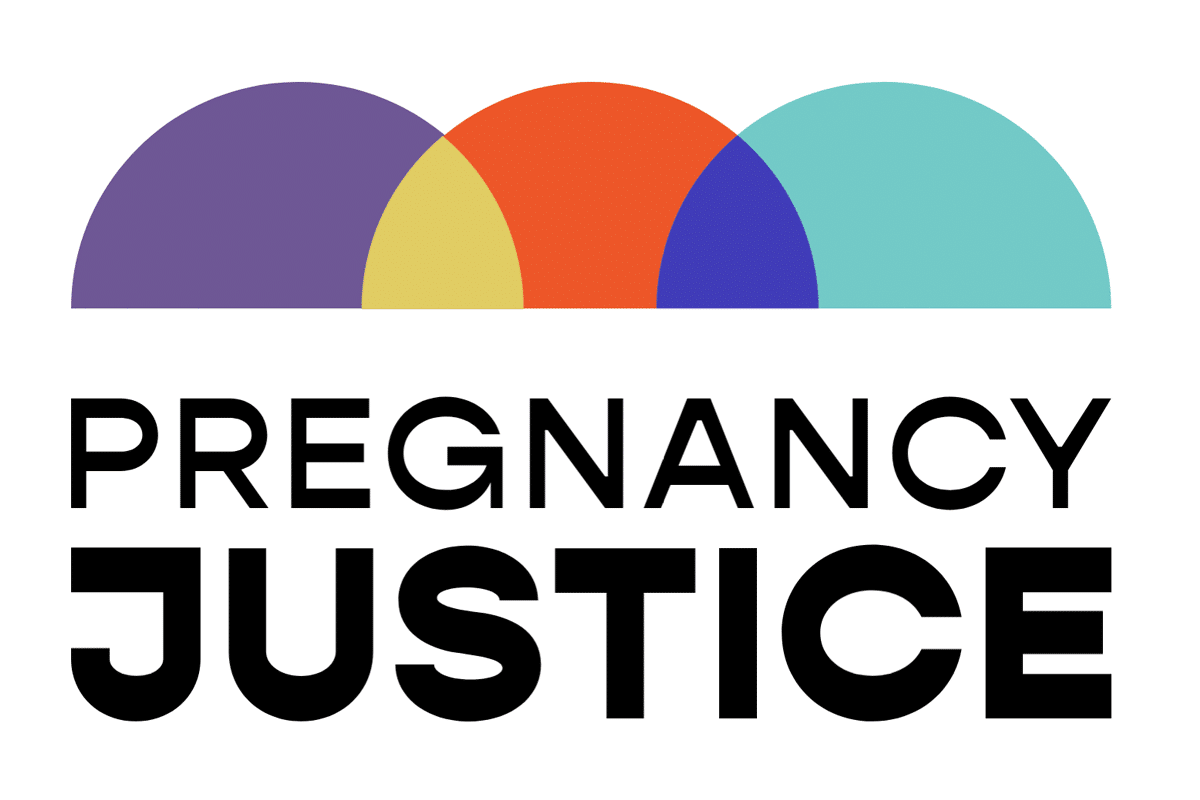
The Rise of Pregnancy Criminalization Report
by Pregnancy Justice (formerly National Advocates for Pregnant Women)
From 2006 to the 2022 reversal of Roe, we’ve documented nearly 1,400 cases of pregnancy-related criminalization across the US. State actors — including police, prosecutors, healthcare workers, family regulation workers, and judges — have deprived pregnant people of virtually every constitutional right in the name of protecting “unborn life.” The cases show that pregnancy outcomes other than abortion, including birth and pregnancy loss, are far more likely to result in criminalization.
Executive Summary
“In June 2022, the US Supreme Court issued its ruling in Dobbs vs. Jackson Women’s Health Organization, which overturned Roe v. Wade and took the extreme step of eliminating the federal, constitutionally protected right to abortion. The decision sparked warranted outrage over the dangers it poses to both clinicians and people seeking abortions. Thus far, however, conversations surrounding reproductive rights have largely neglected a burgeoning trend: even prior to Dobbs, people have increasingly been criminalized for their pregnancies, regardless of birth outcome.
“From the Roe decision in 1973 until the Dobbs decision in 2022, in more than 1,800 cases across the USA, state actors — police, prosecutors, healthcare workers, family regulation workers, and judges — have deprived pregnant people of virtually every constitutional right on the pretext of protecting “unborn life.” The cases show that pregnancy outcomes other than abortion, including birth and pregnancy loss, have been far more likely to result in criminalization, most often under the guise of addressing substance use during pregnancy. Through an alarming combination of carceral approaches to substance use and the legal expansion of the concept of fetal personhood, state actors have increasingly penalized pregnant people for actions that would not have been criminalized but for their pregnancies.
“The Dobbs ruling will further accelerate an existing crisis, putting anyone who is pregnant or has the capacity to become pregnant at even greater risk of arrest, prosecution and conviction. Understanding this phenomenon — including who is most affected, how, and under what pretense — will be essential to fighting for pregnant people’s liberties as we enter the post- Dobbs era.
“In 2013, Pregnancy Justice [then NAPW] published the first comprehensive national documentation effort capturing pregnancy-related arrests and deprivations of liberty between 1973 and 2005. This report picks up where the previous study left off, identifying cases that occurred between 2006 and the Dobbs ruling in June 2022. We define pregnancy criminalization as an instance in which someone is either arrested for reasons related to their pregnancy, or where the terms of their bail, sentencing, or probation are heightened because they became pregnant after being charged with an unrelated crime.
“The rise in pregnancy criminalization is fueled in large part by the rise of the concept of “fetal personhood” in anti-abortion rhetoric and laws. This radical notion, which enshrines the rights of fertilized eggs, embryos, and fetuses into our legal and political systems, has far-reaching implications. This report found that over three quarters (76.9%) of the cases of pregnancy criminalization occurred in a small number of states that expanded the definitions of child abuse to include fetuses, fertilized eggs, and embryos.
While state actors have used various justifications for criminalizing pregnancy, the overwhelming majority of cases rely on substance use allegations, usually as a basis for charging pregnant people with criminal child neglect or endangerment. With substance use and pregnancy as an entry point, prosecutors have employed fetal personhood to argue that a wide range of criminal laws should be interpreted to reach the context of pregnancy. More than half of states have laws that require reporting to family regulation authorities related to the use of alcohol or drugs during pregnancy and/or define alcohol or drug use during pregnancy as civil child abuse or neglect.
Because of this legal apparatus, the healthcare and family regulation systems have come to play a significant role in sustaining efforts to criminalize pregnancy. The focus on criminalizing pregnancy and substance use defies medical consensus that doing so deters pregnant people from seeking healthcare and increases risks to maternal, child and fetal health, harming the very interests such criminalization its proponents claim it is protecting.
SOURCE: Pregnancy Justice, 2023 undated
+++
Telemedicine abortion provider ‘Hey Jane’ expands services in New England
Hey Jane, a New York-headquartered telemedicine reproductive care clinic, is expanding beyond Connecticut and Massachusetts to all New England states. The company said the move is in response to growing demand for their abortion care services since last year. In the state of Connecticut alone, Hey Jane is seeing more patients now than when it launched in the state a year ago.
SOURCE: Connecticut Public Radio, by Sujata Srinivasan, 15 November 2023
+++
From emergency room to prison: health care providers are most likely to report pregnant women
In 2013, an Indiana woman showed up at an emergency room suffering from severe vaginal haemorrhaging. At first, she denied she had been pregnant. But eventually, she told doctors she had had a stillbirth. The hospital staff did not believe her. So, her doctor — a member of the anti-abortion American Association of Pro-Life Obstetricians and Gynecologists — called the police.
As a new report shows, she isn’t alone: Even before the fall of Roe, women were reported by doctors to law enforcement for conducting self-managed abortions (SMAs). While only the state of Nevada, outright criminalizes SMAs, health care workers still reported pregnant people to law enforcement all across the country. And in a post-Dobbs world, experts worry this criminalization could get worse.
SOURCE: Mother Jones, by Katie Herchenroeder, Julianne Mcshane, 20 November 2023



